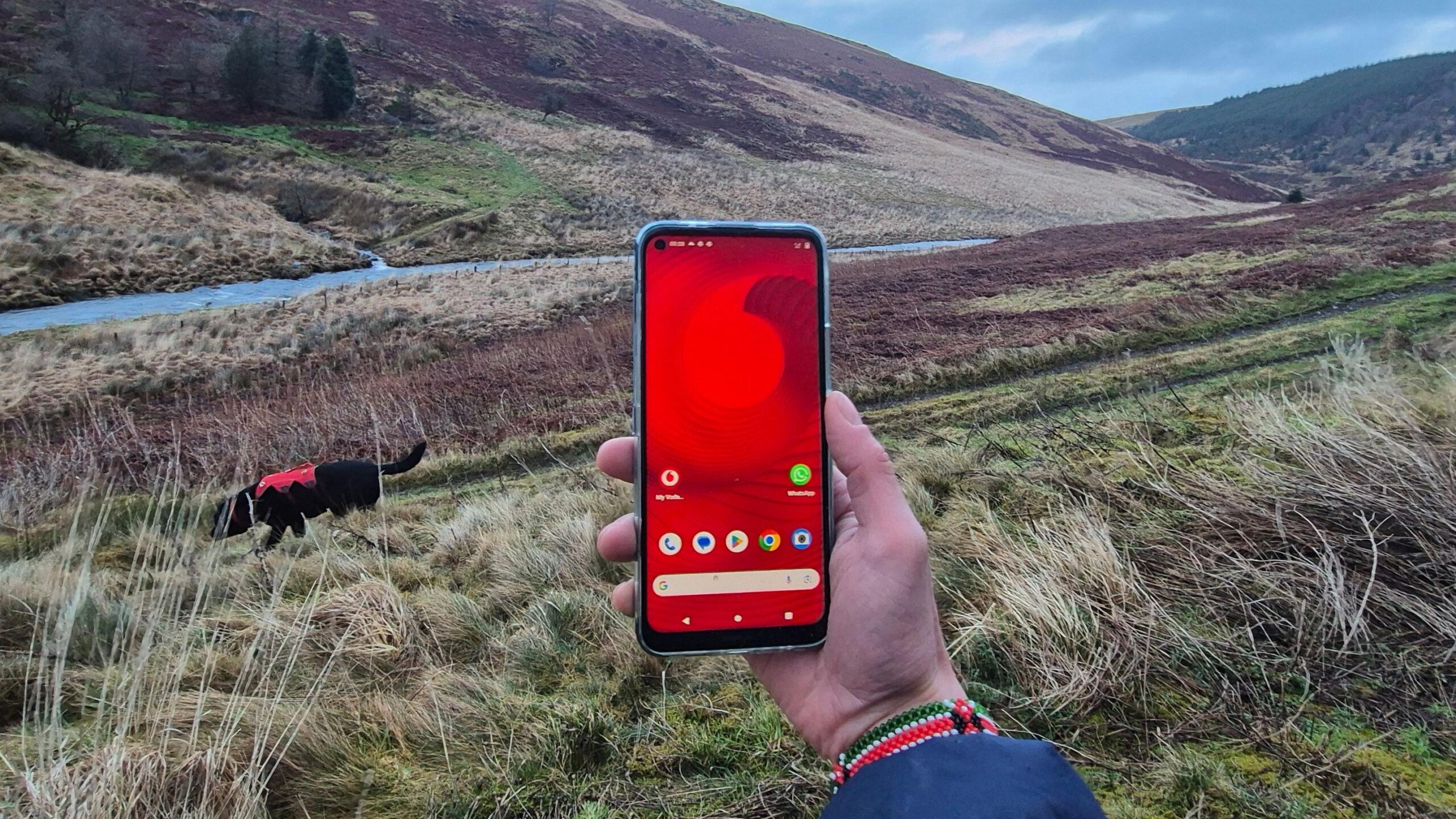Vodafone wants to plug mobile ‘not spots’ with satellite connectivity

After completing a UK-first satellite smartphone call, Vodafone intends to use satellites to eliminate mobile “not spots” in rural locations.
Last week, the telecom giant made the call from a mountain in West Wales via a satellite and plans to add that new form of connectivity to its UK phone network before 2026.
Vodafone boss Margherita Della Valle believes the tech will help in the fight to plug so-called not spots—areas that have no mobile signal.
Ofcom estimates that no signal issues still plague 9% of the UK.
Satellite connectivity addresses the problem by providing full internet access to smartphones even when no 4G or 5G coverage is available.
While the tech is promising, experts claim Vodafone will need to overcome some regulatory challenges and enhance its infrastructure to support the service.
Ms Della Vale says the “antennas in the sky” would be transformative for mobile coverage.
However, they won’t replace existing masts and towers and will simply be a safety net that ensures widespread coverage for customers wherever they are.
She added: “It’s a really important moment because we are opening the door to universal connectivity, to connecting people in the UK, wherever they are.”
Vodafone also conducted a video call in the mountains of Ceredigion using a satellite connection.
It wants to build a constellation of satellites for its UK phone network by late 2025 before expanding it to Europe next year.
There is one issue, though: astronomers are concerned that there may soon be too many satellites in low Earth orbit.
Ofcom plans to consult on satellite services in “early 2025”, after which more will become clear about the use of the technology in the future.
